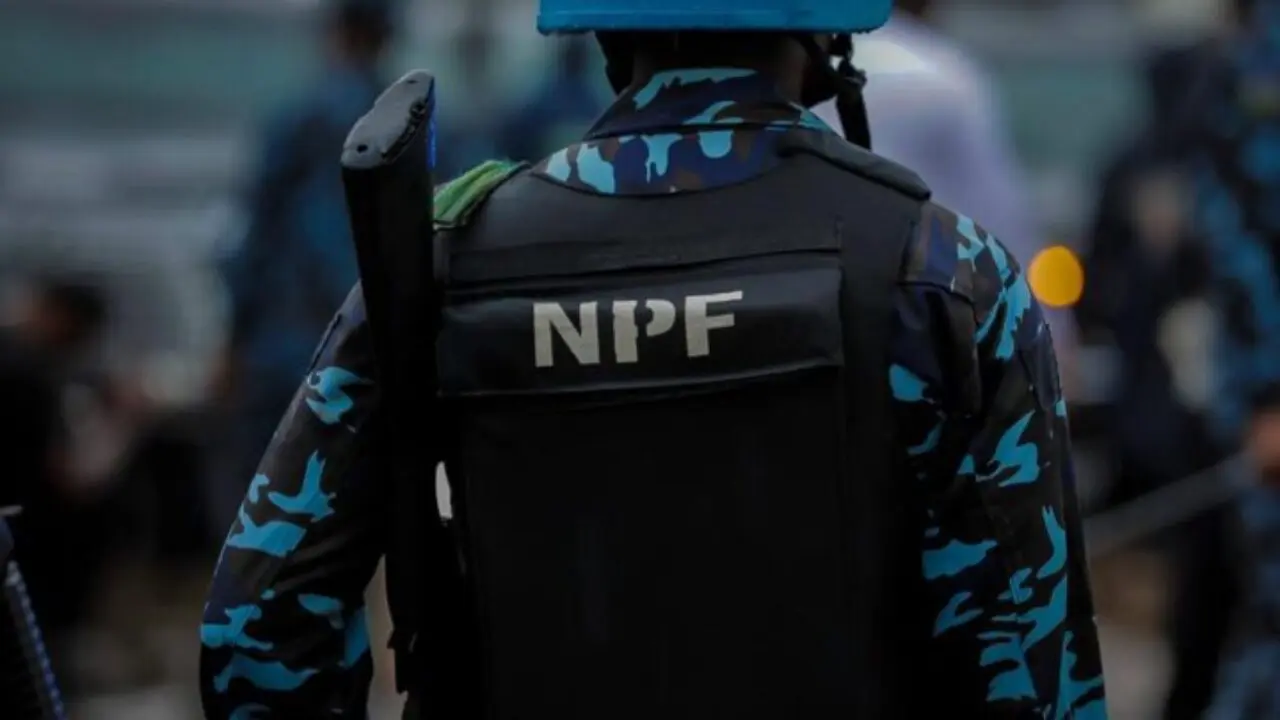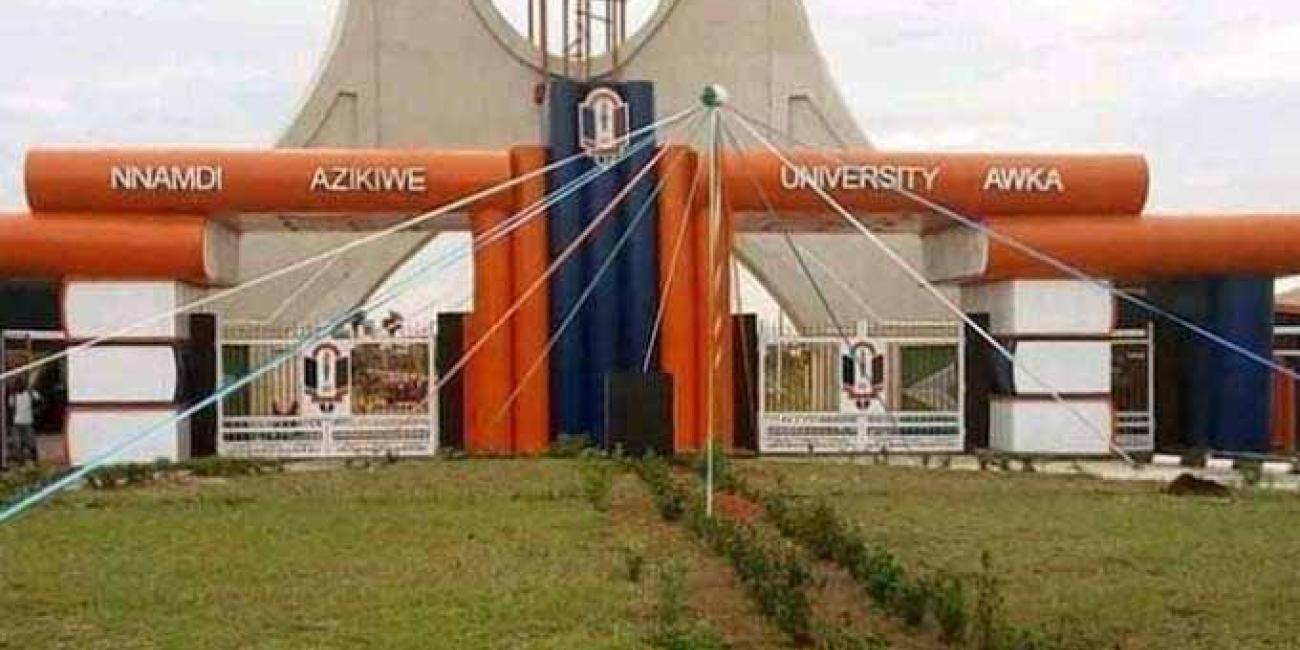A Federal High Court in Abuja has ordered the interim freezing of 21 bank accounts across multiple commercial banks over allegations of money laundering.
Presiding judge Emeka Nwite also directed the police to arrest the owners of the accounts.
The judge granted the order on Friday, 3rd January, following an ex parte motion marked FHC/ABJ/CS/1965/V/2024, filed by Ibrahim Mohammed, counsel for the Inspector-General of Police (IGP). The order mandates the banks to “issue details of the account package(s) and place a post-no-debit (PND) on the accounts, disable the ATMs, while allowing inflows into the accounts” pending the conclusion of the investigation. “I have listened to the submission of the learned counsel for the applicant and gone through the affidavit evidence,” Nwite stated.
“I am of the view that the motion ex parte is meritorious. The application is hereby granted, except that the investigation period can only last for 90 days.”
The motion submitted by the IGP’s counsel argued that the accounts were under investigation for allegedly housing proceeds of unlawful activities or fraud.
“If there is any dealing with the accounts, such as withdrawals or transfers to another account by the person under investigation or any individual with the authority to deal with the account, it will render any consequential order(s) made by the court nugatory,” Mohammed stated.
An affidavit attached to the motion, filed by Glory Ohio, a detective with the Nigeria Police Force (NPF) attached to the Force Criminal Investigation Department, outlined the case. Ohio stated that the IGP had received a petition involving allegations of theft and breach of trust, which preliminary investigations suggested involved money laundering.
The affidavit reads: “The complainant alleged that he needed a special purpose vehicle company to help secure a contract with the Nigerian Navy, which led him to enter into a joint venture agreement with the defendant, who owns the company Indetix Limited.”
Ohio explained that the complainant had been awarded a contract to supply ICT equipment and accessories, wooden canoes, outboard engines, inverter batteries, and firefighting equipment to the Nigerian Navy. Both parties opened a joint account with Zenith Bank, where they were signatories.
The affidavit continued: “Both parties drafted a memorandum of understanding, which stipulated that 15% of the profit would be paid to the defendant. Both parties signed the document. The Nigerian Navy disbursed the contract sum in instalments to be used for the execution of the contract.”
Tensions arose when the complainant received a letter from the suspect proposing a revision of the original agreement, reducing the 15% profit share to 7.5% of the total contract sum. “The petitioner disagreed with the proposal and the new terms intended to be smuggled into the parties’ earlier agreement,” the affidavit stated.
The refusal allegedly led the suspect to send a “purported company resolution” to the bank, removing the petitioner as a signatory to the joint account and making himself the sole signatory.
“The act was motivated to further his clandestine intent to steal from the joint account, and he did steal money under the guise of purchasing the board engine,” the affidavit claimed.
Ohio further alleged that the suspect transferred the contract sum from the joint account to several other accounts to disguise the origin of the funds. “The purported money disbursed for the purchase of the engine board was later transferred back to the suspect via a different account,” the detective added.
The affidavit concluded that intelligence reports indicated ongoing attempts by the suspects to withdraw or transfer funds from the accounts, emphasising that without the court’s intervention, the investigation could be compromised. The case has been adjourned to 3rd April for mention.



